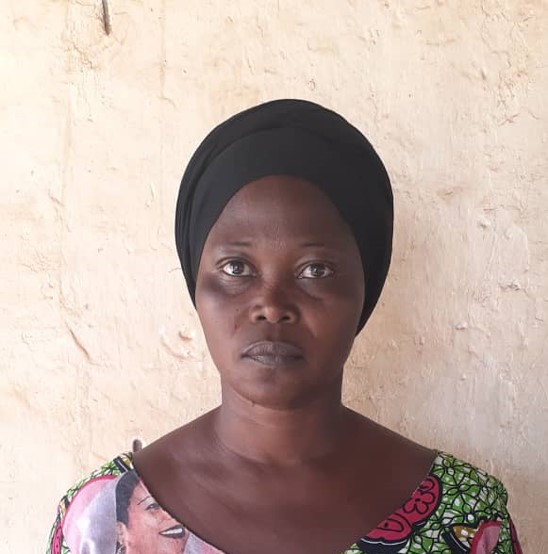
Meet Caroline Denekombaye, TEFxUNDP Entrepreneurship Programme Beneficiary
About me
My name is Caroline Denekombaye, I am a seamstress but am hearing impaired.
My motivation
In addition to the challenges of getting by in a society that is built for people with hearing ability, deaf people also have to deal with the stigma that society places on them. Job opportunities available to them are quite limited even though some of them are quite smart and skilled. I then decide to lend my skill to training deaf girls and women so that they have the financial resources to take charge of their lives and allow them to contribute to society instead of being dependent on others.
This initiative is the first of its kind in my locality.
The challenges I face
The main challenge for us Deaf women is that of communication: very often people like us are poorly integrated into society. This means we are not part of conversations, considerations or even decision making in any sphere of society. While the Chadian law guarantees us rights like other citizens, in practice, these rights are not protected.
My TEFxUNDP encounter
I heard about the Tony Elumelu Foundation in August 2019 when a technical partner of the deaf organizations of Moundou (my township) introduced us to the TEF-UNDP Youth Entrepreneurship Programme and explained how it works. I was initially worried that I would not be considered but I eventually went ahead to apply.
What the seed capital will do for my business?
- I will rent a space for the training
- Recruit a reasonable number of young and deaf (mostly rural) women
- I will recruit 2 trainers
- Buy training materials: machinery, fabrics and accessories
- To establish programs (agenda and duration) and roll out the training
- To support a part of the accommodation and feeding costs of the trainees
- Equip and re-instate trained in their localities
How I intend to impact others around me
Once trained and resettled in their localities, these young women can have proper jobs or businesses: sewing school uniforms, working with church movements, grassroots community organisations, etc. The people living in those localities will no longer have to travel long distances to the townships in order to have their clothes made. This saves time, strength and money to do other useful things.
